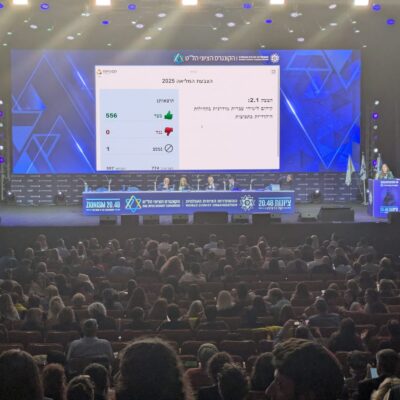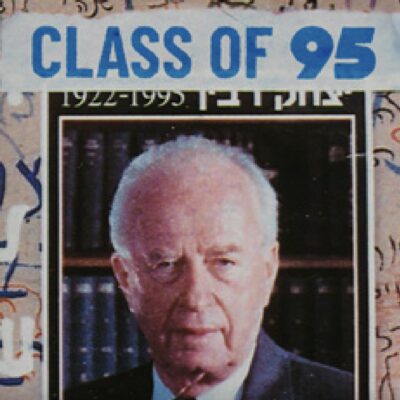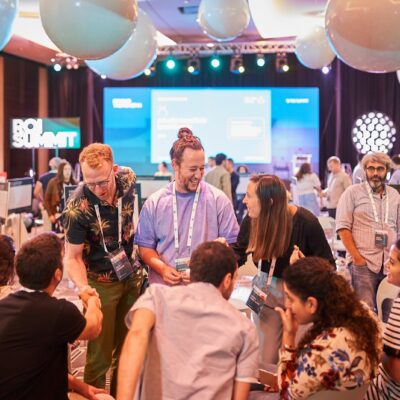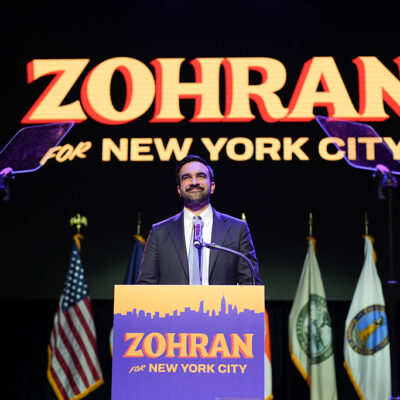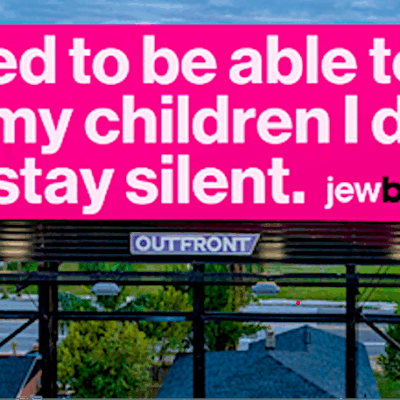Jewish Day School Affordability: Lessons Learned from the Field
[eJP note: This article is part of a series focusing on new ideas emerging from the day school field with relevance for Jewish professionals in Jewish education and beyond. The post contributes to the conversation on the topic of 21st Century Sustainability.]
by Charles Cohen
I have spent the last nine months immersed in day school affordability. I eat it, I drink it, I sleep in it. I’ve learned more about the heroic efforts of schools and communities as they try to balance the financial needs of their families with the need to invest in academic excellence so those families will be proud of their sacrifice. After researching Kehillah Funds, middle-income strategies, blended learning, endowments, and other models, some lessons jump out that I think are crucial not just for day schools to remember, but for any organization that hopes to make a lasting impact on Jewish identity without kneecapping participants’ financial well-being.
We need more data. Whether it is about donors, enrollment, parents’ perceptions about their children’s school, or longitudinal information about tuition, fundraising, and expenses, we should be harvesting data as often as we can. JData is an essential tool to not only help track school-specific historical data, but it can put those numbers into context, either for a whole community, or across the larger day school field.
From survey feedback on a recruiting visit to a spreadsheet that lays out budget growth over time, these data can help schools better serve their students, families, and community. To attract and retain middle-income families, for example, a school should know how to define that group, how many families fit that definition, and how much it will cost to meet their needs.
We cannot stop looking at affordability from every angle. Revenue, expenses, marketing, recruitment, governance… The more we see these as tools to make day school more attractive and accessible to families, the more they will yield opportunities to make Jewish education a fundamental part of every child’s life. Lay and professional leaders in Chicago, Northern New Jersey, Montreal, Pittsburgh, and elsewhere understand the critical role a community plays in supporting day school education. Their Kehillah Funds are the manifestation of this understanding, and reflect the benefits of cultivating support beyond parents and current donors. If other communities can be mobilized in similar fashion, imagine the possibilities for day schools!
This is just as true for a school as it is for a community. As seen in the video below, Hannah Senesh Community Day School, in Brooklyn, embodies this effort through its community engagement efforts, and is a useful model for how a school can be an active member of the greater community.
We cannot stop innovating. Are you scared to attempt systemic change? (Don’t be ashamed if you are – change is scary, and we are dealing with children, and parents. A little caution is not unexpected.) Pilot a program in a single classroom, or with a group of parents, or with one event. Set your goals. Evaluate the effort. And grow from there.
But do not stop innovating. Schools that are experimenting with blended learning are seeing a whole range of benefits, from improved educational outcomes to (potentially) lower costs. Yeshivat Noam, a pre k-8th grade school in Paramus, New Jersey, is using blended learning in many of its classes. So far it has produced useful data for faculty, which they have used to target student needs, and more effectively communicate with parents. For a relatively young school in a highly competitive market, this experiment has helped strengthen the school’s reputation, and also coincided with an increase in enrollment.
We cannot stop collaborating. You ran a program that raised thousands from new donors? Great! Tweet all about it! You tried an affordability program, and it turns out only three families took advantage? Great effort! Share the lessons you’ve learned with the field. PEJE builds Communities of Practice to make this all easier. Maybe your colleague in Memphis or San Francisco or Los Angeles has some wisdom to consider the next time you try a similar program. Don’t be afraid to promote your wins, and learn from your setbacks. We learn more from our failures than we do from our success.
No one hits 1.000. No one makes money on every deal. But as a wise man once said, you miss 100% of the shots you don’t take. And there are too many Jewish boys and girls who will not have the opportunity to go to day school, or overnight camp, or to Israel. And perhaps even worse, there are too many mothers and fathers who don’t understand why that is a shandeh (or who don’t know what a shandeh is). We cannot stop trying. So let’s do it together.
Charles Cohen manages the Jewish Day School Affordability Knowledge Center, a partnership of the Partnership for Excellence in Jewish Education and the Orthodox Union. A strategic planner with experience building relationships between and among many different Jewish organizations, Charles researches and analyzes affordability strategies including communal funding, blended learning, and endowment funds.
Nicole Nash has been the Head of School at Hannah Senesh Community Day School in Brooklyn since 2008. She was the founding teacher of Hannah Senesh from its inception in 1995 and in 2004 became the Assistant Head of School. Under Nicole’s leadership, Hannah Senesh has grown into the vital, vibrant institution of learning it is today and significantly raised its profile in New York City and among Jewish schools. Nicole also has experience in early childhood education, informal Jewish education and Jewish camping. She holds a bachelors degree in Political Science and Women’s Studies from University of Rochester, a Master of Science in Education from Bank Street College of Education, and has studies at the Principals’ Center of Harvard Graduate School of Education. For more information please e-mail: nnash@hannahsenesh.org.

 Add EJP on Google
Add EJP on Google
